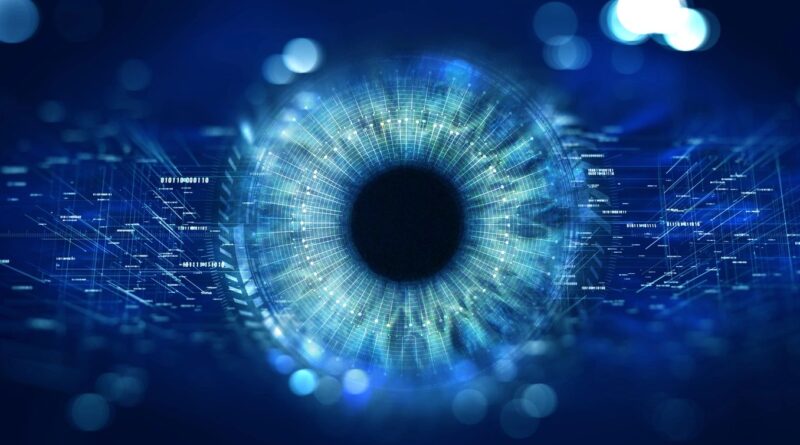Mnemohistory, a term coined by German Egyptologist Jan Assmann, refers to the study of how societies remember and construct their historical narratives. Unlike traditional historiography, which focuses on the objective recording and analysis of past events, mnemohistory emphasises the subjective processes through which memories are formed, preserved, and transmitted across generations. It explores the ways in which collective memory shapes, and is shaped by, cultural, social, and political contexts. Mnemohistory investigates the symbols, rituals, and narratives that communities use to create a sense of shared identity and continuity with the past. Originating from the Greek word “mnemos” meaning memory, and “historia,” meaning enquiry or knowledge, mnemohistory looks into the interaction between memory and history, recognising that our understanding of the past is not static but constantly reinterpreted through the lens of present concerns and future aspirations.
Read More














